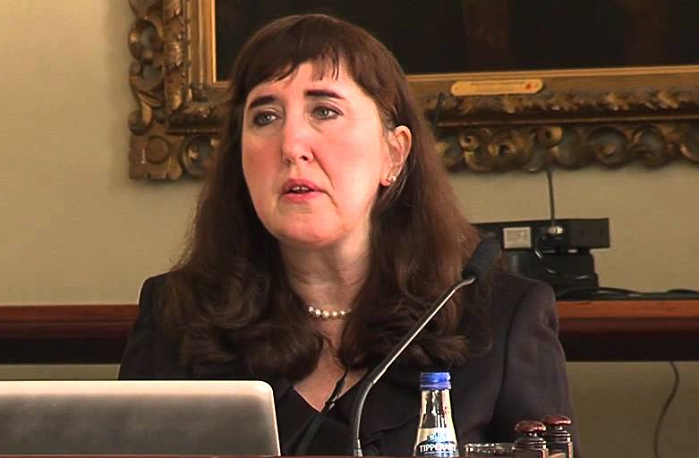About 30 percent of American women experience at least one abortion during their lifetime, yet sound, unbiased research on the psychological aftermath is seriously lacking, writes Priscilla K. Coleman, Ph.D., in the summer issue of the Journal of American Physicians and Surgeons.
Dr. Coleman, who is a professor of human development and family studies at Bowling Green State University, ranks published studies on the basis of criteria for valid research. These include sample size, attrition rate, control for potentially confounding variables, and the strength of measures for mental health outcomes.
Research on abortion and mental health is notoriously difficult, Dr. Coleman notes, because of the sensitivity of the topic. “Perhaps even more serious than this are the well-entrenched, seldom-discussed professional gatekeepers, who encourage agenda-driven research and ignore fundamental scientific principles in order to fill journal articles with ‘evidence’ that abortion poses no risk to women’s health.”
Virtually all mainstream professional organizations in psychology and medicine have embraced an unwavering pro-choice political stance on abortion, she observes.
One high-profile review of studies by the Royal College of Psychiatrists (RCP) removed a large number of studies for methodological reasons. A large percentage of the eliminated studies coincidentally revealed adverse post-abortion consequences for significant percentages of women, Coleman states. “Based on only four studies, authors of the RCP review concluded that abortion is no riskier to women’s mental health than unintended pregnancy and delivery.”
Coleman’s analysis showed that the average score for studies indicating increased risk for mental health problems in women who undergo abortions is 28 on a scale of zero to 36, whereas the average score for studies indicating that abortion is not a risk factor for mental health problems is only 18.3.
Click here to sign up for pro-life news alerts from LifeNews.com
Most outcomes reported in the literature pertain to mood, anxiety, and substance abuse disorders, along with suicidal thinking and behaviors. However, Coleman points out, many women have adverse effects that significantly reduce their quality of life without a full-blown mental illness.
Better research is needed to enable accurate pre-abortion counseling on possible psychological responses to the procedure, Coleman concludes.
The Journal of American Physicians and Surgeons is published by the Association of American Physicians and Surgeons (AAPS), a national organization representing physicians in all specialties since 1943.








